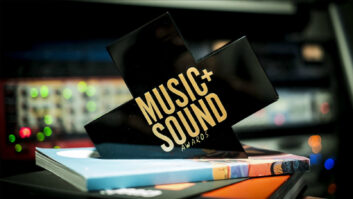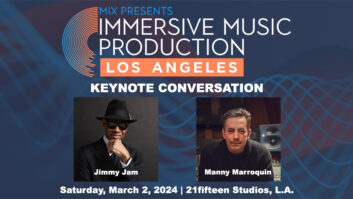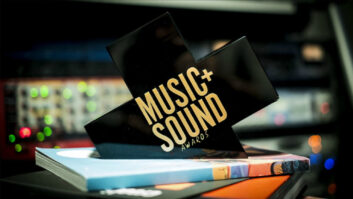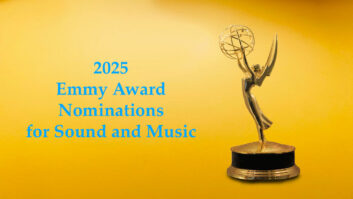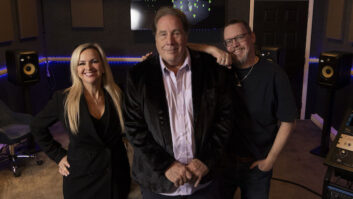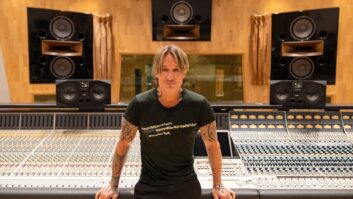The ongoing state of confusion and borderline despair in the music industry — and, by association, the recording industry — is not really about a nosedive in CD sales or the now decade-old “threat” of file sharing. It’s not about label layoffs or big studios closing. It’s not even about quality vs. convenience, or whether pirating can or can’t be stopped. These are simply today’s realities. No, the confusion is the result of a much longer but now-hyperaccelerating shift in the culture at large — the culture of information, the culture of social interaction and certainly the culture of music.
Music isn’t only about music any more. Well, some of it still is, but for the majority of consumers, music is about lifestyle. It’s about the culture they live in and the friends around them. It’s about a rite of passage or a stumble through darkness. And it’s always been this way, from the lament of a Depression-era Okie to the howl of an alienated, plaid-shirted Northwest teen. Steve Jobs knows that. When the culture shifted, he adapted, then led. Toyota knows it, making the Scion a lifestyle surrounded by hip art and cutting-edge music. Red Bull, whose studio is featured on this month’s cover, knows it, too. Music is about who and what we are. Music is culture.
I, too, cringe when Led Zeppelin helps sell a Cadillac, but I also know that my teenage daughter later bought her own Zep two-disc set. I don’t endorse Red Bull the energy drink; I’ve never even tasted it, but I do recognize that the company has done as much to promote music worldwide as any label in recent years. Red Bull has been entwined with the music industry for years, hiring L-Acoustic P.A.s for an air race in San Diego, hosting Red Bull Music Academies and Red Bull Music Labs around the world, teaching Reason at Red Bull Music Workshops and building out the Red Bull Studio music network out of New Zealand. Yes, Red Bull sells a lot of drinks. They also help sell a lot of music.
And, of course, there’s the store on every corner. Starbucks has embraced music play/sales/distribution as part of its business model and its own beverage-centered culture, forming alliances with Apple, XM Radio and the Concord Music Group. Whether you’re a Frappucino drinker or not, there’s no denying that innovations like its onsite iTunes Wi-Fi Music Stores promote and sell a lot of music.
What does this all mean for the recording industry? There’s more music being made — with a greater potential audience — than ever before. There’s more audio being produced than ever before. Yet big studios will close in favor of new condo developments, while other studios will open to address a wide-open market in interactive audio. Manufacturers with innovative products will thrive while others will fail. Some musicians, engineers and producers will continue to make money, either in traditional ways or in ways we never saw coming. Others will go back to their day jobs and sing in blues bars. It’s always been that way. It’s just a new way.
The point is not that Red Bull or Toyota or even Apple represent the future of our industry. But we could all stand to take a look at the way they, and countless others, view music: as a lifestyle. As the heartbeat of culture.
